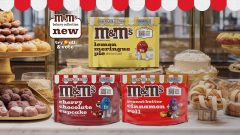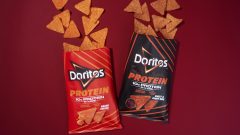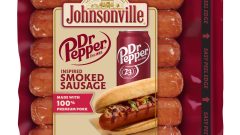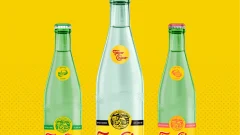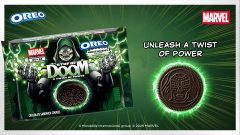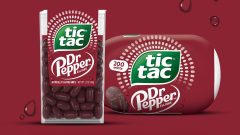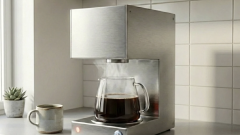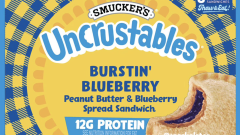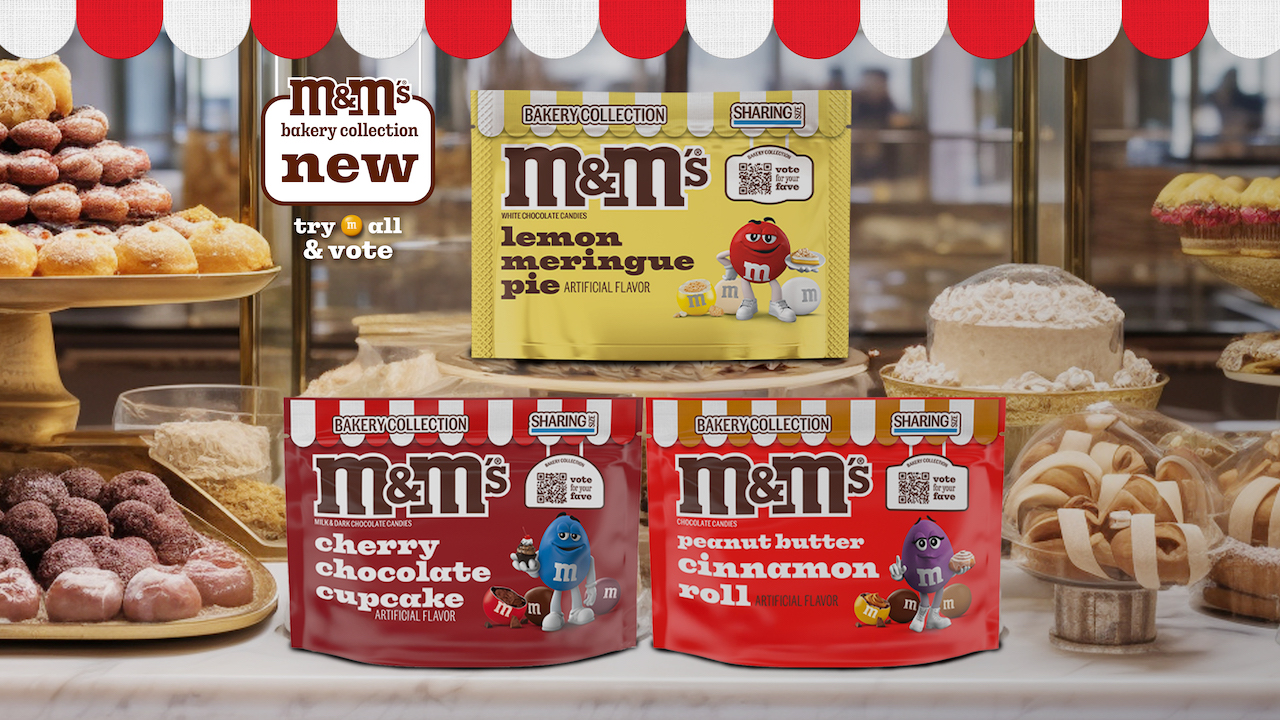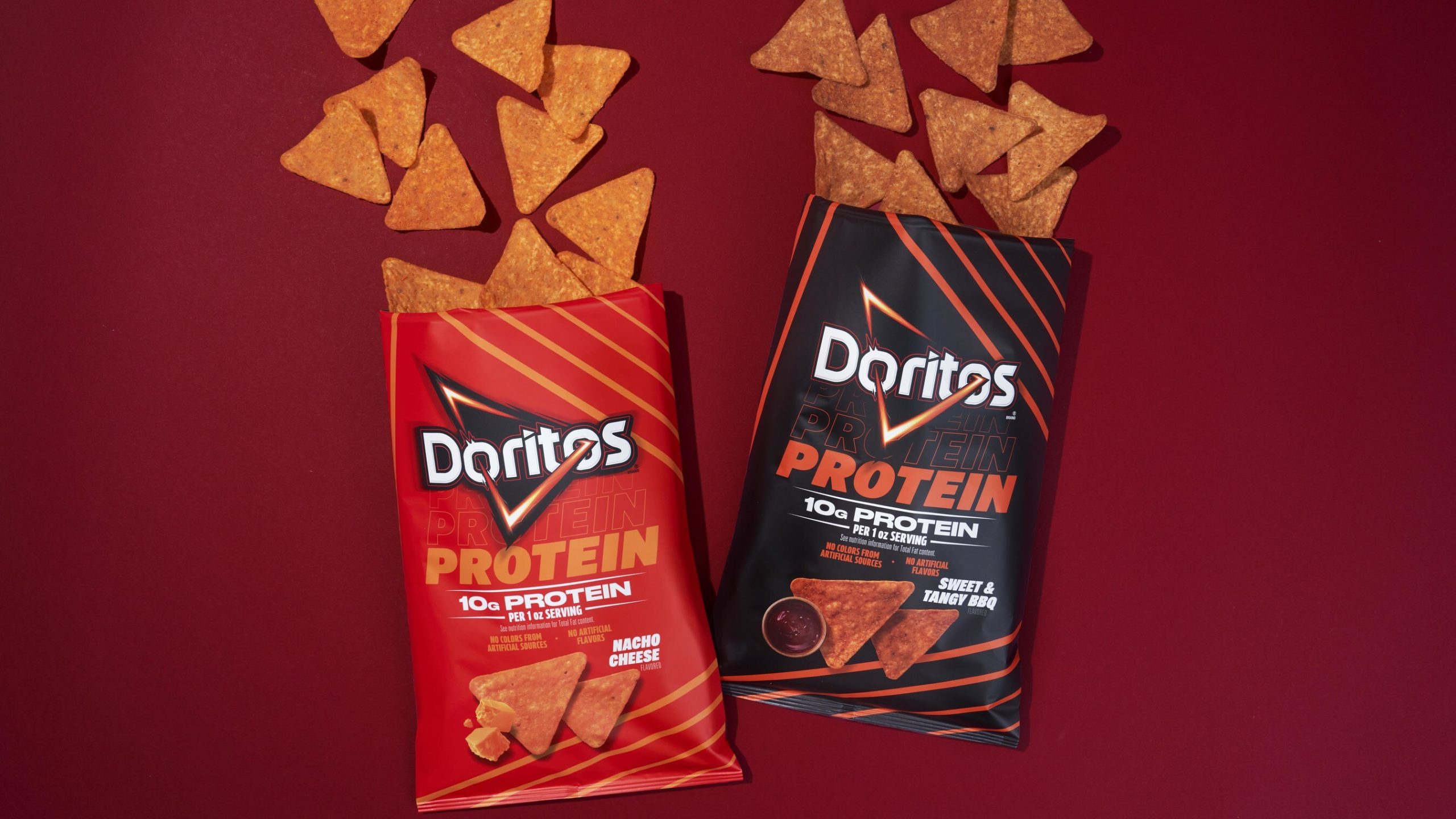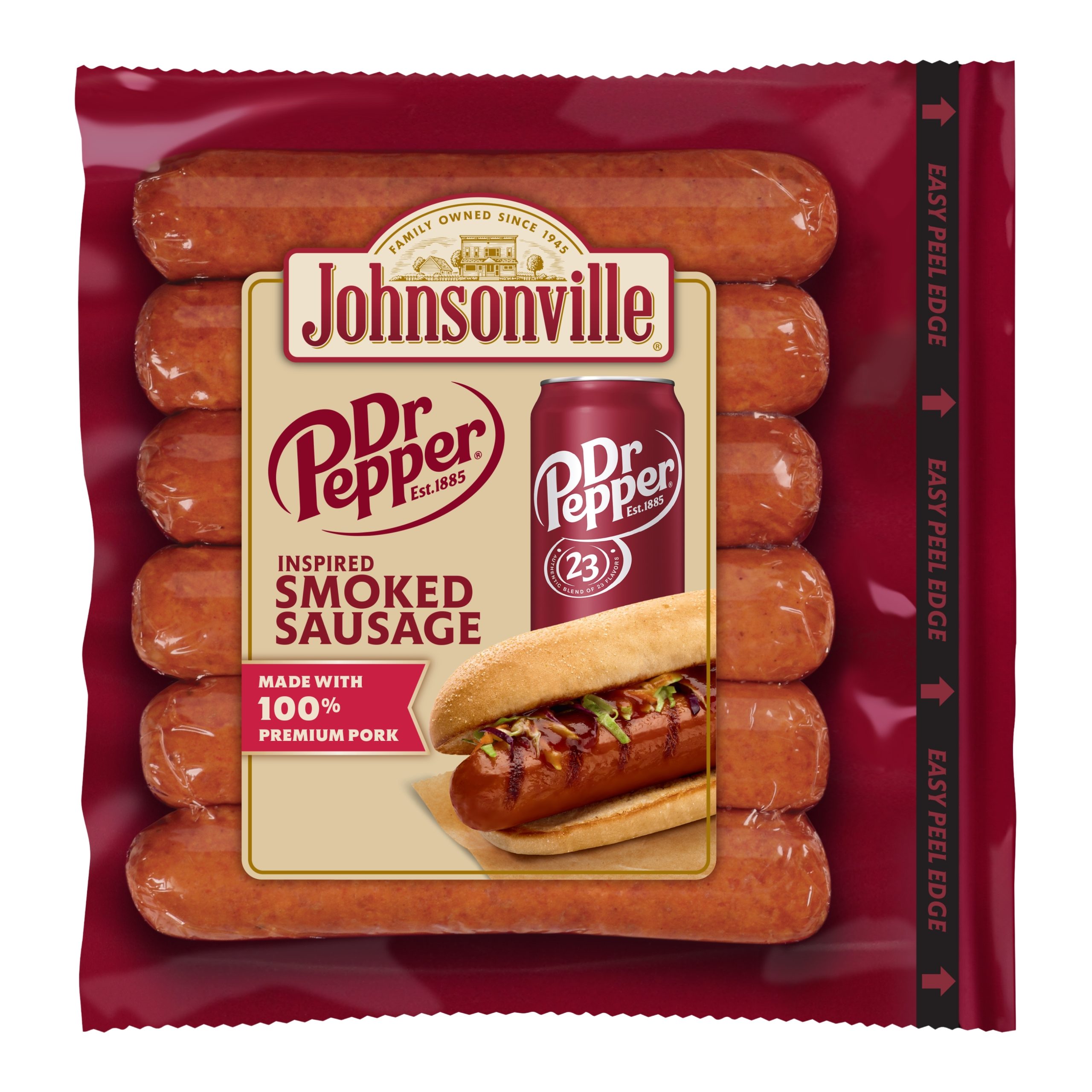The Reason Why You Should Avoid Purchasing Milk In Glass Bottles
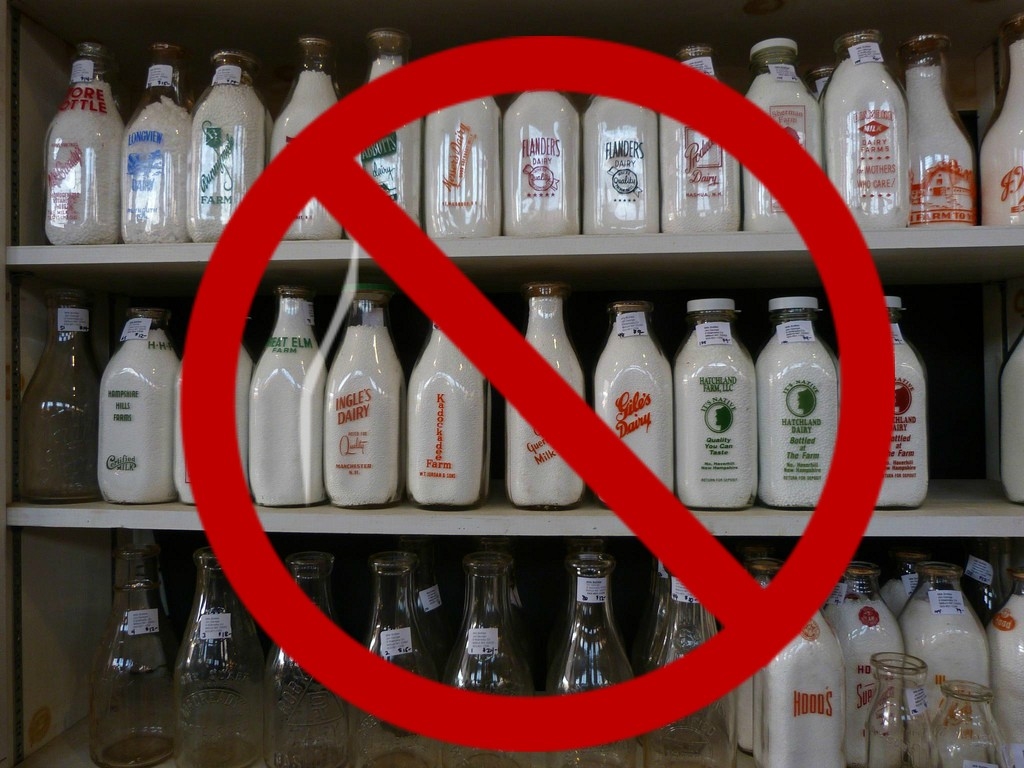
Photo: Rusty Clark on Flickr. (Modified by Foodbeast.)
There’s a current fad going on where some consumers prefer to buy milk stored in glass bottles. Usually, this milk is perceived as a premium, higher-quality milk. Many reasons have been given as to why milk in glass is “superior,” including that it tastes better, stays colder, and is eco-friendly.
While some of the claims may be true, one major reason exists as to why glass-bottled milk should never be purchased: the nutritional content is negatively affected by the glass.
By using glass bottles, milk manufacturers open their product up to light oxidation. This reaction between light and nutrients in the milk is much more likely to occur in glass packaging than in traditional plastic or cardboard cartons and causes essential amino acids like tryptophan and tyrosine to break down. These amino acids, which our body cannot produce on its own, are lost as a result.
Other health components of milk degraded by light include vitamin A and riboflavin.
Plastic and cardboard milk packaging were designed to specifically inhibit the passage of light into the liquid inside to prevent this nutrient loss from occurring. Clear glass fails to block light, and introduces significant amounts of oxidation to milk. This is why other products, such as olive oil and beer, use dark-tinted glass or cans that prevent light from degrading compounds inside.
Grocery store lights make this even worse for milk, as the brighter lights used to display the dairy aisle allow more light to get in and these nutrients to break down even faster.
Sure, you may think that the milk in glass bottles is tastier or better for the environment, but you’ll be missing out on some key nutrients if you purchase glass-bottled milk.
Stick to plastic gallon jugs or cartons instead, milk lovers.


